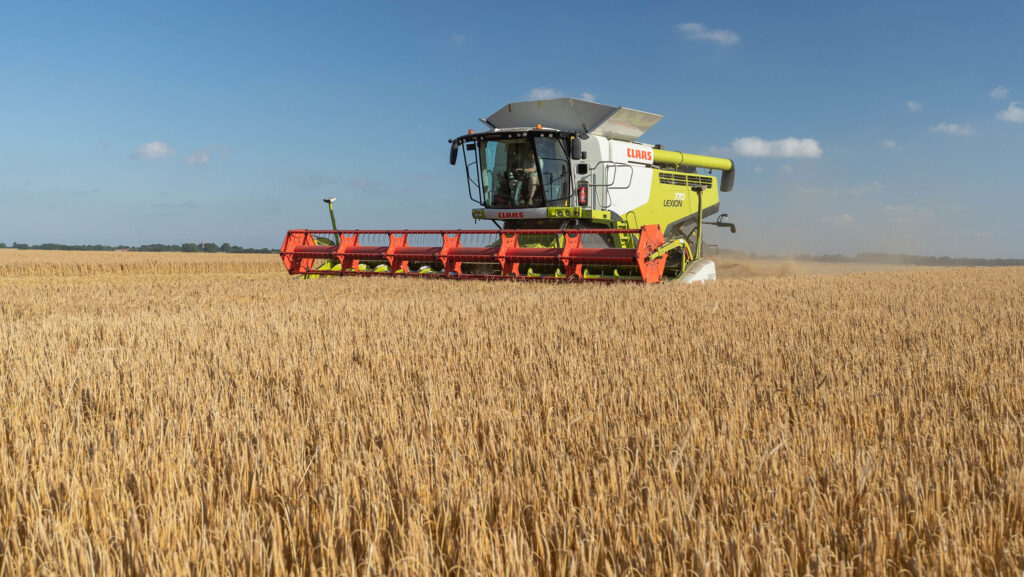EU crop yield forecast predicts fall for most crops
 © Tim Scrivener
© Tim Scrivener The European Union crop monitoring service released its July yield forecast, with figures predicted to be down for most crop types as a result of ongoing weather disruptions across the continent.
The report carried out by Monitoring Agricultural Resources (Mars) indicated several major crops, including maize, oilseed rape, and sunflowers, are predicted to be below their five-year average.
However, spring barley has improved, with yields predicted to be up to 4.44t/ha, from the five-year average of 4.08 t/ha. This is due to promising weather in Spain and northern Europe.
See also: Which IPM options are best to manage cabbage stem flea beetle?
Regarding monthly changes, the yield forecast for soft wheat slightly increased to 5.87t/ha from 5.86t/ha in June. On the other hand, the rapeseed yield estimate decreased to 3.10t/ha from 3.16t/ha last month.
Sunflower and maize yields decreased the most in the month of July, falling by 5% and 4%, respectively. This decline is mainly due to low rainfall and high temperatures in Hungary, which is a key producer.
Weather disruption in focus
Large parts of Germany and France have continued to experience heavy rainfall since the start of the season. This caused flooding and made it challenging for farmers to manage winter crops, leading to greater struggles with pests and diseases.
In key south-central and south-east regions, unusually hot weather (above 35C) and little rain significantly affected summer crops during flowering, reducing yield potential.
The concerns about the warmer-than-usual weather conditions affecting spring and winter crops in parts of Russia and Ukraine is also something to watch closely.
Looking ahead
Projected rainfall in some areas could help improve soil moisture and support crop growth during the grain-filling stages.
The long-range weather forecast predicts warmer conditions in Europe, with temperatures potentially rising during August and September. The impact of this warmer weather will vary depending on the region and the type of crops grown.
While this can be beneficial to improve harvest conditions, crops may be at risk to increased heat stress, particularly in the southern regions, which can reduce crop yield and negatively impact quality.

